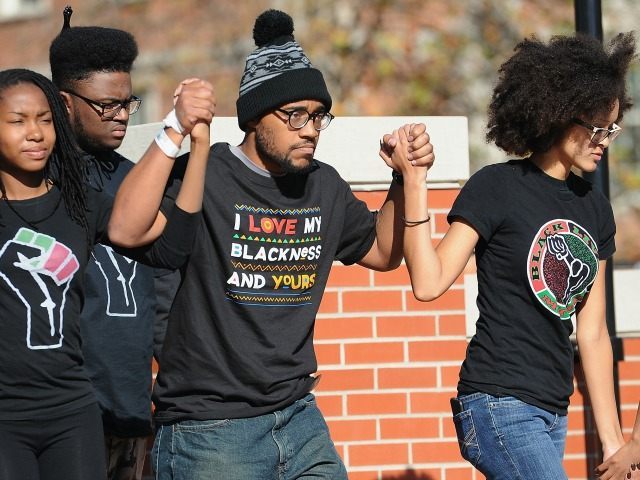
The topic of civil rights has been brought back into the spotlight with an innumerable amount of events; such as the resignation of the University of Missouri’s president a month ago, the off-color statements made by Trump about Muslims, and plenty more that would make this list much too long. In turn, a movement has gained momentum with each tragedy that comes about; the movement of ‘political correctness’.
The phrase comes with both positive and negative connotations, fiercely charged on either side. The movement in itself has its heart set in the right place: Educating others and creating a more accepting society. Where things get skewed is with the way some of the movement goes about preaching their ideals. Characterized by an inability to consider others, the politically correct don’t welcome those who wish to learn with open arms. Instead, they tend to push ‘offensive’ people away and avoid what they have to say, without offering to form an opposing argument, because being ‘politically correct’ is common sense.
An opinion is not fact. What may be common sense to one person, could need some explaining for another. And that’s OK. When Caitlyn Jenner first came out, people were unsure of how to refer to her, and what exactly she was coming out as. Caitlyn used her celebrity platform to help educate others on trans rights and raised awareness for her identity and how it should be respected. Caitlyn herself used to be against gay-marriage, but has since changed her mind on the subject after her life-changing journey. Life is an amazing voyage that comes with an evolution of not only body, but also mind.

Having a voice against injustices is important, but equally important is the ability to listen, especially to those who don’t agree with you. Political correctness has become very accusatory, to the point where some people are afraid to speak their mind in case they might offend anyone. As a person, you have the right to speak your mind, and nobody can infringe on that right, no matter how idiotic that statement may seem to them. Now, yelling “BOMB” in a crowded place is infringing on others rights. The 1st Amendment has given people the right to free speech, and whether you like it or not, people will exercise that right. The best you can do for those who refuse to open their minds and listen about issues they’re uncomfortable with is leave them alone until they’re willing. Forcing an idea on someone before they’re ready to entertain it is a sure-fire way to drive them further from a cause.
The opportunity for educating others with political correctness is there, and should be taken advantage of. Not to the point where you’re forcing it on others, rather than using it as a tool to further somebody’s understanding of a sensitive subject. Confronting those subjects that nobody wants to talk about is valuable, and should use some of the caution that political correctness has to offer with it’s consideration of others feelings, but not to the point where one feels they have to completely avoid a topic in case they offend anyone. A politically-charged conversation shouldn’t be a tight-rope walk where the fear of offense is ever-present. The way to confront a person about an offensive statement is in a calm and collected way, not in a way that you get upset and either discourage your partner from further debate or you fan your partner’s contrarian flame.
When it comes to political correctness, it’s important to keep an open mind and consider every opinion and piece of evidence that comes across one’s plate. With the trend that political correctness is going in, it has the unfortunate opportunity to beat down any opposition by accusing it of being racist/sexist/homophobic/etc. Rather than pulling a privilege card, formulating a valid argument based on facts and figures is most important. Opinions are not facts, including one’s own, and while your opinion’s may be like a child to you, sometimes you just have to give them away.






















